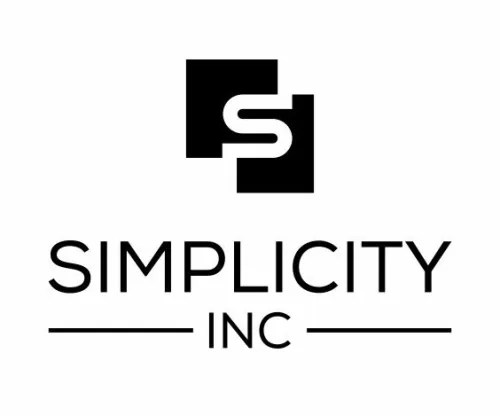November 16, 2023
Hacked & Out $250K: The Cost of Weak Cybersecurity
Imagine waking up to find hackers drained $250,000 from your business—and no one is stepping up to refund you.
That's exactly what happened to the CEO of a successful marketing firm when their Facebook account was hacked. In just one weekend, cybercriminals took over their ad account, ran fraudulent ads for their online gambling site, and removed them as the admin—shutting down years of work in an instant.
💸 No bank reimbursement.
💸 No credit card fraud protection.
💸 No help from Facebook.
Now, they're stuck rebuilding their audience from scratch, and the total damage? Easily $500,000.
And they're not alone.
Another Costly Facebook Hack
A different business owner logged into Facebook Ads Manager and noticed something strange—all of their legitimate ad campaigns were paused. At first, they assumed it was a glitch. But then they saw the real problem:
🚨 Hackers had created 20 fraudulent weight-loss ads with a daily budget of $143,000, totaling $2.8 million in potential losses.
🚨 Facebook's system started running the ads immediately.
🚨 As the business owner paused the ads, the hacker re-enabled them in real time.
After a frantic game of Whac-A-Mole, they finally removed the compromised user account. The total financial damage? About $4,000. But the bigger loss? Their ad account was shut down for two weeks, costing them an estimated $40,000 - $50,000 in lost revenue.
Who's Responsible When You Get Hacked?
Many business owners believe that Facebook, their bank, or someone else should step in and cover the damages.
But here's the harsh truth:
👉 If your account gets hacked because of weak security, it's 100% on you.
The hackers didn't bypass Facebook's security. They logged in with stolen credentials.
✅ No multifactor authentication (MFA).
✅ Weak or reused passwords.
✅ A compromised employee account.
That's all it took to drain thousands of dollars from these businesses.
It's Not Just Facebook—Every Cloud Platform is a Target
Think this only happens on social media? Think again.
📌 Google Ads? Hackable.
📌 Payroll and accounting platforms? Vulnerable.
📌 Customer databases? Prime targets.
ANY cloud-based system—no matter how secure—can be breached if a hacker has the right login credentials.
How to Protect Your Business from Cyber Attacks
The best way to stop an attack? Prevent it from happening in the first place.
1. Educate Your Team on Cybersecurity Risks
🔹 Share this article with employees to make sure everyone understands these scams.
🔹 Cybercriminals thrive on overconfidence. Most businesses assume they won't be targeted—until they are.
2. Use Strong, Unique Passwords
🔹 No reusing passwords across accounts. Each login should have a unique password.
🔹 Use a password manager like 1Password, Bitwarden, or LastPass.
🔹 NEVER store passwords in Chrome or browsers where they can be easily stolen.
3. Limit Who Has Account Access
🔹 Reduce the number of users with admin access to critical business accounts.
🔹 Remove access immediately when an employee leaves or no longer needs it.
4. Secure Every Device on Your Network
🔹 Malware like keyloggers can steal passwords without you even knowing.
🔹 Ensure every company device is protected with endpoint security.
5. Enable Multi-Factor Authentication (MFA) Everywhere
🔹 MFA stops 99% of account takeovers.
🔹 Even if a hacker steals your password, they can't log in without the MFA code.
6. Get a Cybersecurity Risk Assessment
The most vulnerable businesses are the ones that assume they're safe.
When's the last time you had a third-party cybersecurity expert review your defenses? If it's been more than six months, you're overdue.
📢 Claim your FREE Cyber Security Risk Assessment now.
🔍 Click here to schedule your FREE Cyber Security Risk Assessment today!
📅 Book Now
📞 Or call us at (866) 771-7348
🚀 Don't wait until you're the next $250,000 victim. Secure your business now.

